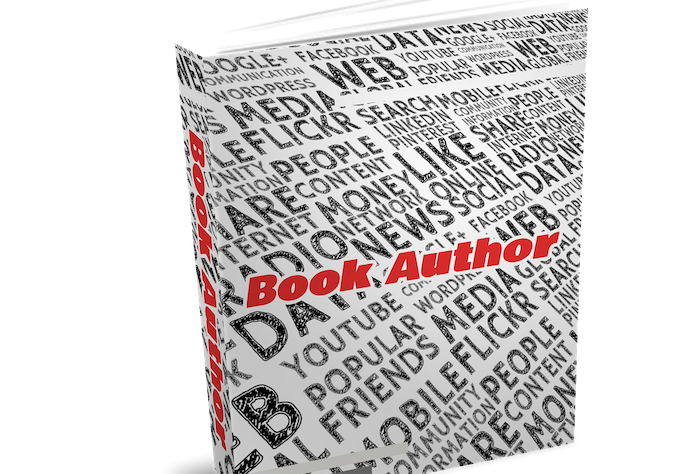What is a Self-Publisher?
A brief look at self-publishing -- what it is, what it isn't, and why anyone would be crazy enough to try it.

Publishing a book means far more than sending off the manuscript to a "publishing service" to print and distribute it. A self-publisher controls all aspects of the book, from layout and cover design to marketing and sales. The author chooses which cover designer to hire, which editors to hire, and which printer to use when self-publishing. But all this control comes at a price. Self-publishers shoulder the entire cost of producing and marketing their books, with no guarantee of a return on their investment.
So why do they take the risk?
Some authors self-publish because they're sick of rejection by traditional publishing houses. Some have been published by major houses and were displeased with the experience, and others just want the control over timelines, editorial changes, and the appearance of the book.
Not all self-publishers are successful. Some fail because they deserve to - some self-published books just aren't readable by any standard. Lack of business and marketing plans can also doom a self-publisher - authors are often unprepared for the work and money that is involved in creating a high-quality printed book.
On the upside, it can be easier for a well-organized self-published author to succeed with a small market book than for a large publisher to succeed with the same title. Large publishers often need to sell at least 10,000 copies of a book to break even, while self-published authors and small publishers tend to have much lower overhead and can break even with far fewer copies sold.
Self-publishing is often confused with vanity publishing, but although both require the author to shoulder the costs of production, there are significant differences.
• Self-published authors control all the unsold printed copies of their books, and can give as many gift and review copies away as they see fit. Vanity published authors usually see only a fixed number of copies of their books, and often aren't even able to verify inventory numbers.
• Self-published authors acquire their own block of ISBNs from a registered agency. Vanity published authors usually use an ISBN from the block of the company that they've paid to publish the book.
• Self-published authors receive all the proceeds of the sale of their books. Vanity published authors usually receive a royalty.
• Self-published authors can set their own retail prices to ensure their costs are covered even with the discounts usually demanded by wholesalers yet still remain competitive with other books in the same market. Vanity published authors generally do not have that option and must live with the price their publisher sets, which often precludes selling through traditional retail channels.
Self-publishing has both positive and negative aspects, and you should examine your options carefully before jumping in to any publishing venture.
| Pros | Cons |
| • You control your book - from how it looks to how it is sold. | • You're responsible for all the costs associated with publishing and marketing your book. |
| • Because of lower overhead and the absence of an outside publisher, it is possible to earn more money per book sold. | • There are no advances, and no guarantees you'll earn back your initial investment. |
| • You control your copyrights, and need never worry about what will happen to your book if your publisher goes bankrupt or is sold. | • You alone are responsible for all copyright infringement, libel and other legal challenges related to the book. |
Self-publishing is not for everyone. But for those who invest the time and money needed to succeed, it can be very rewarding.
Good luck!
Read These Next
How Authors Use Kickstarter to Fund Their Books
One of the most interesting things that has transpired in the world of book publishing is the advent of the use of Kickstarter as a tool for authors. Having helped one of my authors with her Kickstarter campaign (She raised $15,000), I can attest to the veracity of the concept. Prior to this I did some research, spoke to several authors who had conducted a successful Kickstarter campaign and used some of those tactics in our campaign. I’ve taken the information and wrote an article about it with insight and suggestions that authors and publishers might find useful.
Press Release Primer
Writing a press release can seem daunting, but with these five simple steps you can whip off a great release, and other promotional copy, in a hurry.
Get Ready to WOW Judges: Tips for Writing Contest Submissions
How can you ensure your short story is good enough to enter into a writing contest? Here are some tips for crafting a story that stands out among the competition.






